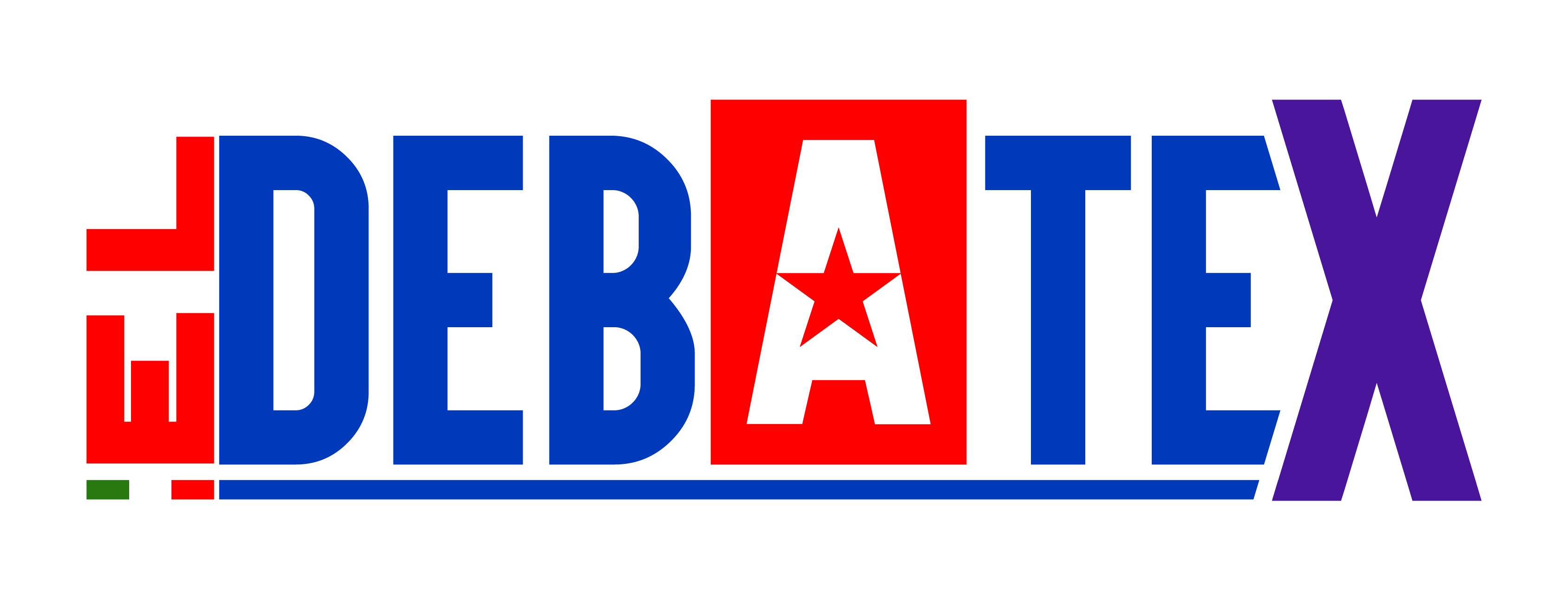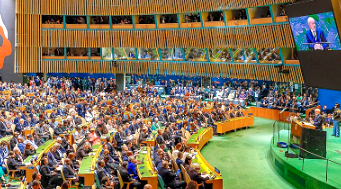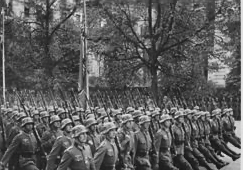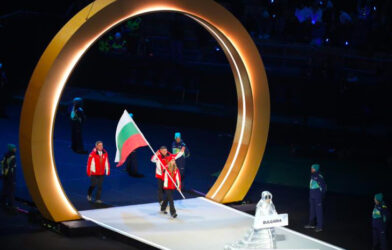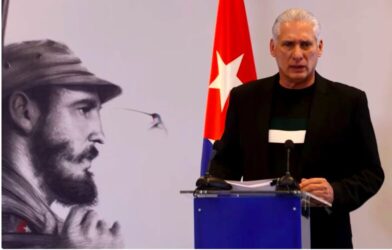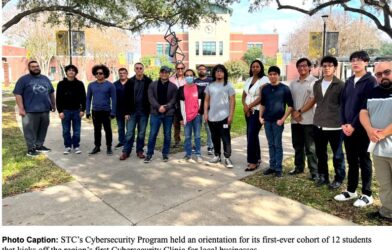The Value of Micropolitics in the Face of a New Reality

by Alfredo Cuéllar
Introduction
One of the greatest challenges of our time is to accept that we no longer live under the premises that shaped 20th-century politics. Today we face a reality marked by disruptive governments, populisms with strong emotional appeal, and fragmented societies that, paradoxically, continue to support leaders despite poor results. As Liébano Sáenz warns, understanding this reality requires us to “think outside the box.” This is where Micropolitics becomes strategically valuable: it reveals the hidden threads of power, informal tensions, and interstitial dynamics that shape decisions and loyalties.
- Rethinking Power: from formal discourse to symbolic power
Traditionally, it was assumed that power was about institutions, laws, and hierarchies. Today we know — as Michel Foucault insightfully noted — that “power circulates” and is exercised daily, in words, gestures, and the management of truth. Micropolitics teaches us to identify the small centers of power that operate beneath the surface: invisible actors, mediators, spokespeople, facilitators, and saboteurs. “What is unseen exists and decides,” Ball reminded us in his theory of school Micropolitics.
In this era of polarization, leadership is legitimized more by emotional narratives than by administrative efficiency. Power shifts toward the construction of symbols: direct subsidies, mass tours, and simplified messages. Micropolitics allows us to map who controls these symbols, how they are sustained, and how they can fracture.
- Rethinking Government: emotional clientelism and informal networks
Governing today is much more than administrating: it is narrating, unifying, and sustaining shared imaginaries. Modern populisms have perfected a form of clientelism — massive cash transfers — that ensures the loyalty of millions. But behind this macrostructure operate thousands of micro-intermediaries: grassroots operators, neighborhood leaders, vote promoters, pollsters, and social media networks. Micropolitics identifies these networks: their flow, their moral logic, and their fragility.
As Deleuze and Guattari teach, “there is no fixed center,” only flows that are constantly reconfigured. A government that fails to understand its micropolitical dimension becomes trapped in its own narrative. This is the challenge: recognizing informal circuits and channeling them democratically without perpetuating clientelist capture.
III. Rethinking Society: complexity, emotions, and new identities
Politicians today need new advisors who understand all of this. Society can no longer be seen as a homogeneous block. Today it manifests as a mosaic of multiple identities, contradictory emotions, and informational bubbles. Social media, fragmented news outlets, and digital tribes have replaced the old public debate forums.
Micropolitics helps us understand how micro-alliances, grassroots movements, and silent resistances are formed. Using Cartas de Navegación Política (Political Navigation Charts) helps ensure these actors are read accurately to anticipate conflicts, articulate legitimate demands, and neutralize pockets of symbolic violence.
- Three major challenges: autocracy, crime, and the neighborly relationship
Mexico faces a complex equation: the advance of autocratic trends, the structural threat of organized crime, and the redefinition of its relationship with the United States. Each of these factors filters into the daily life of communities, neighborhood leaders, grassroots organizations, and bureaucratic structures. Here is where Micropolitics operates: anticipating cracks, alliances, and betrayals.
- Conclusion: Thinking outside the box, acting through Micropolitics
Defending democracy does not rely solely on grand speeches, but on understanding and managing micro-conflict. “Power is constructed in daily interaction,” we repeat in our Micropolitics lectures. This is why it is urgent to recover democratic ethics, but grounded in the reality of Micropolitics.
Thinking outside the box demands viewing power, government, and society without dogmas, romanticism, or prejudices. Acting through Micropolitics means ensuring that every small actor, every alliance, every rumor, every survey is read and interpreted strategically. This is where the true struggle for power lies today.
References:
- Borrego, S. (2019). Los monitores y cartas de navegación política de SABA: El nuevo paradigma para medir la opinión pública. México.
- Foucault, M. (1975). Discipline and punish. Vintage Books.
- Deleuze, G., & Guattari, F. (1980). A thousand plateaus. University of Minnesota Press.
- Ball, S. J. (1987). The micropolitics of the school: Towards a theory of school organization. Routledge.
- Sáenz, Liébano. Recent articles in Paralaje.
Dr. Alfredo Cuéllar is the father of Micropolitics, an international scholar and retired professor from California State University, Fresno. His articles focus on migration, politics, sociology, culture, and current affairs. Inquiries and comments: alfredocuellar@me.com




